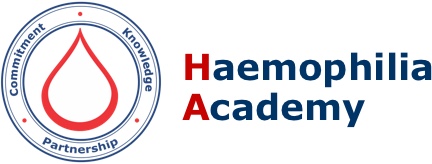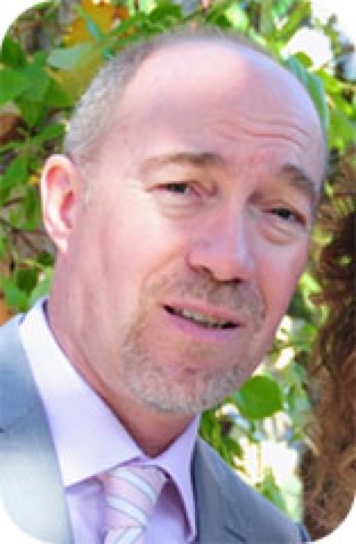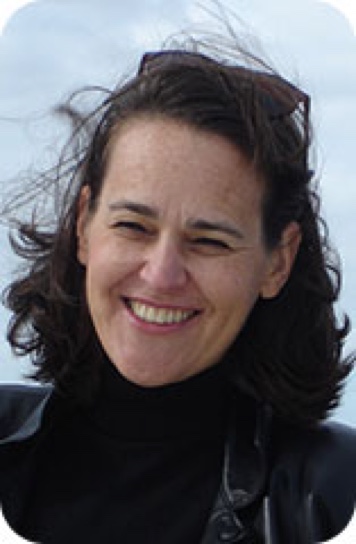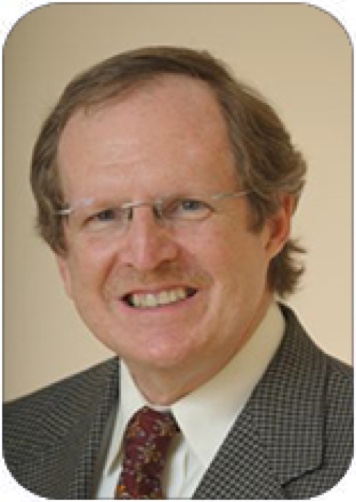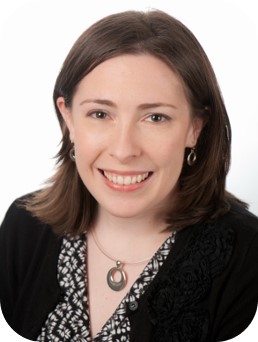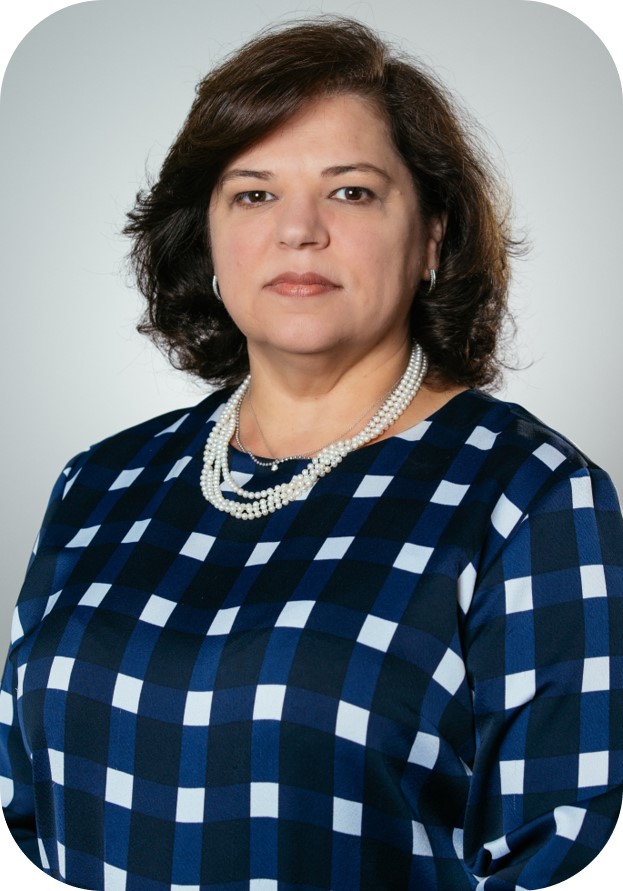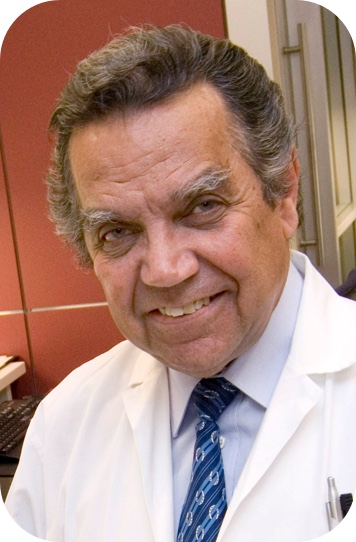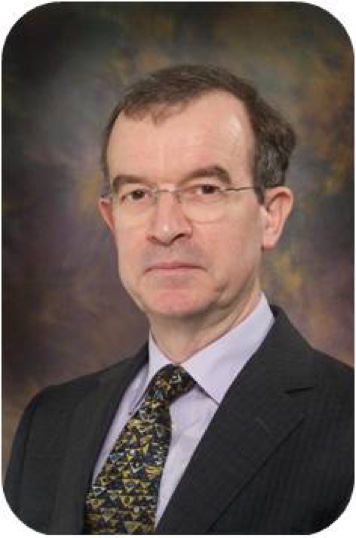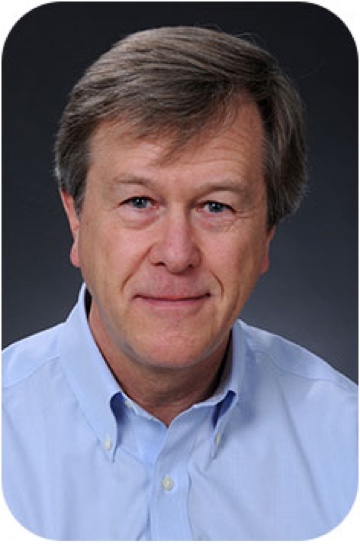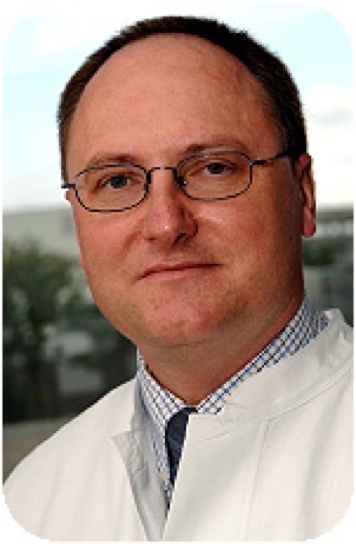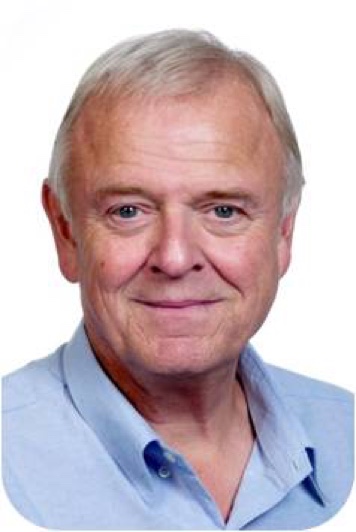Roseline d’Oiron is a Clinician Investigator and Associate Director at the Reference Centre for Haemophilia and Other Congenital Rare Bleeding Disorders, Congenital Platelets Disorders and von Willebrand Disease at Bicêtre Hospital AP-HP – University Paris XI, Le Kremlin–Bicêtre, France. She is also responsible for Specialist training for the master’s degree in haematology at University Paris VII.
Dr d’Oiron graduated as a medical doctor from UFR Broussais-Hôtel-Dieu, University Paris VI, and completed her speciality training with master’s degrees in haematology, immunology, immunopathology, and transfusion medicine from UFR Saint-Antoine, University Paris VI.
Her research interests are principally in the area of haemophilia in both children and adults (especially molecular mechanisms of haemophilia A, inhibitors, immune tolerance, mild/moderate haemophilia, carrier issues and prophylaxis) and Glanzmann’s thrombasthenia.
Dr d’Oiron has served as member of the steering committee of the national FranceCoag Network on bleeding disorders and continues to serve as advisor to the working group on inhibitors in this registry. She is currently a member of the expert panel of the Glanzmann’s Thrombasthenia Registry (GTR). With the National Federation of Patients, she has developed an outreach program dedicated to women from families with haemophilia. Dr d’Oiron is also an elected member of the executive committee of the European Association for Haemophilia and Allied Disorders (EAHAD).
